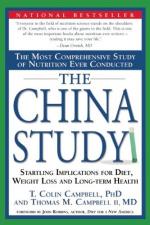|
This section contains 1,366 words (approx. 5 pages at 300 words per page) |

|
In China discussions about research integrity occur in the context of studies of the interaction among science, technology, and society (STS). Such discussions are concerned not only with identifying various types of misconduct in scientific and technological research but also with the institutional reasons for such misconduct in management systems and social culture. In these contexts, scholars suggest measures to counter such misconduct. Their discussions focus mainly on three aspects of STS interactions as follows.
Definition and Prevention of Academic Misconduct
Fan Hongye (1982, 1994), a historian of science, defines "misconduct" according to international standards as fabrication, falsification, or plagiarism to acquire recognition from scientific associations and societies for scientific research. This includes the fabrication or falsification of experimental data, unacknowledged use of others' research, and falsified reports of research results. This definition is generally accepted in academic circles throughout China.
Scholarly work on ethics in...
|
This section contains 1,366 words (approx. 5 pages at 300 words per page) |

|



